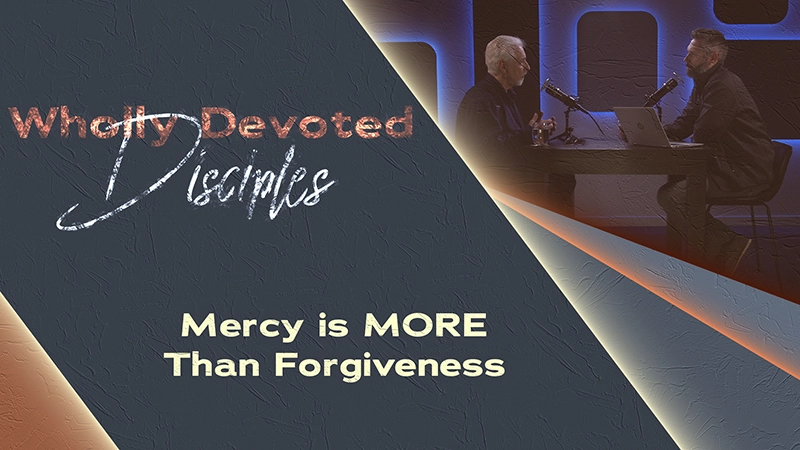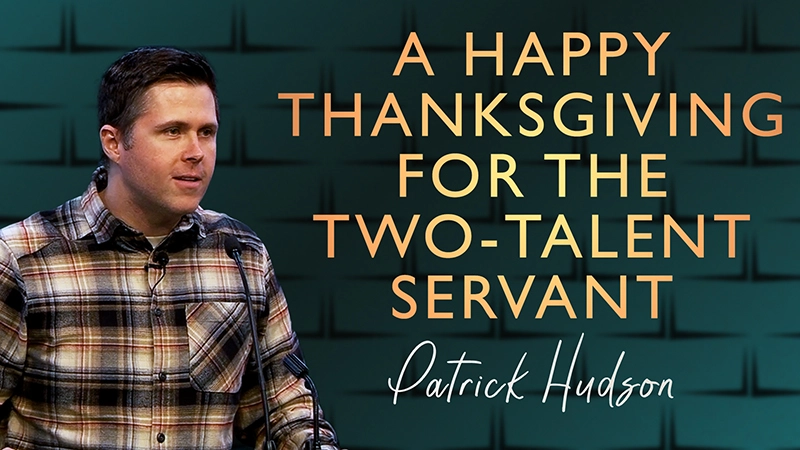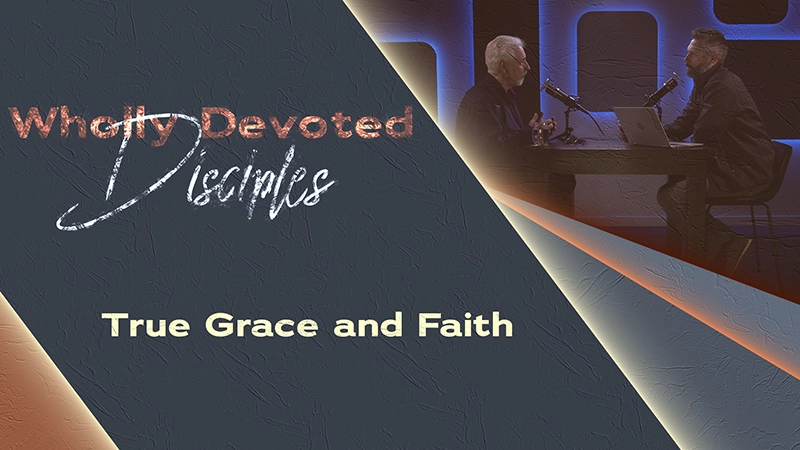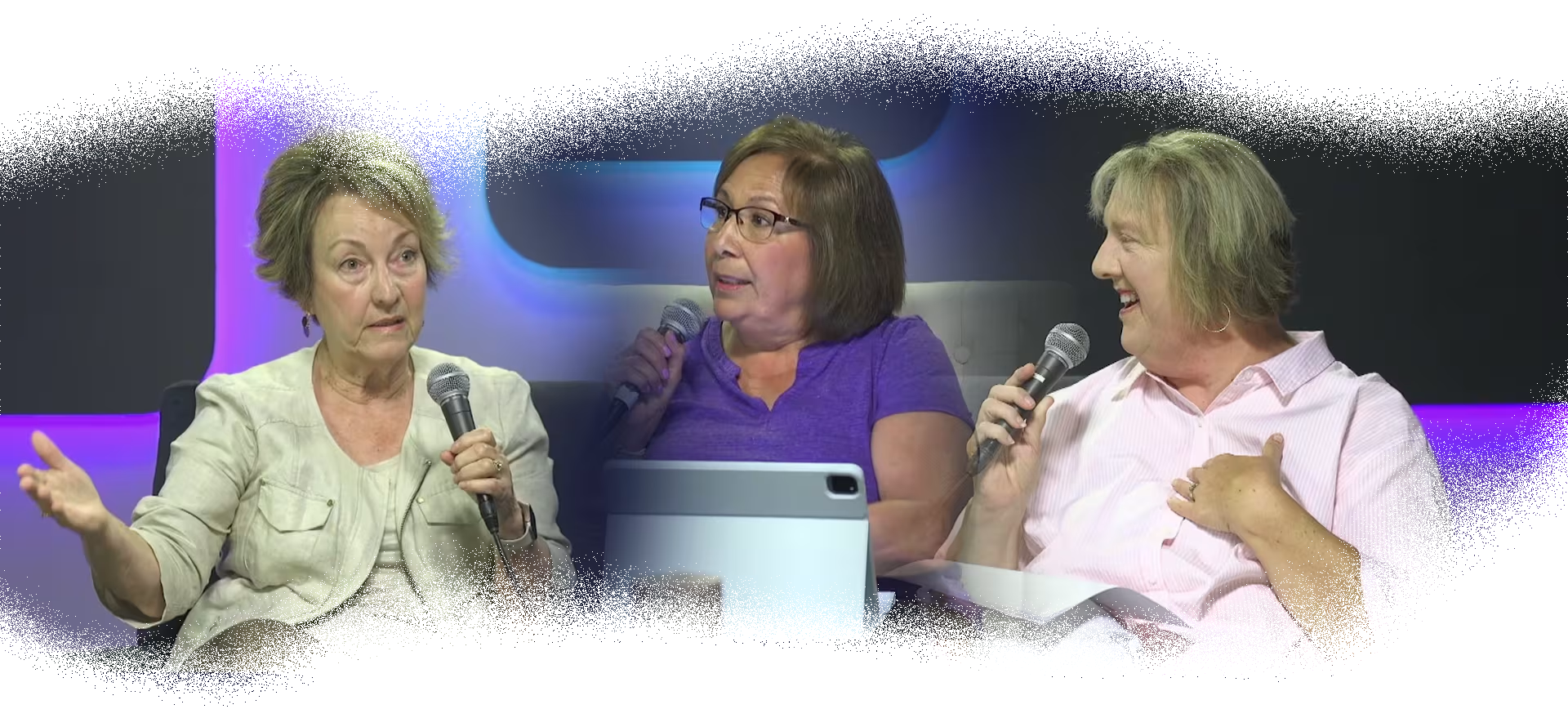
The Desperate Need for Truth in Our Lives
In this segment, Pastor Steve Gallagher sits down to discuss two dangers for Christians in America. He first talks about how we’ve strayed as a nation from the Christian virtues of our founding, and how this has birthed the morally relativistic thinking of our day. He then goes on to discuss how many churches are not even preaching the truth their congregants need. And this reality reveals to all sincere believers their vital need to develop a strong personal relationship with the Lord.
Nate: People have called the day and age that we live in a post truth World. And it seems to me that 60 years ago, people wouldn't even have thought in terms like that. There were major disagreements about what the truth was, but people wouldn't have had a thought like, “there is no such thing as absolute truth.” How did we get to this place?
Pastor Steve: Well I'm 68 years old, so 60 years ago in the world that I grew up in we understood the difference between right and wrong. The culture that I grew up in was founded on Christian concepts which fostered that sense of morality. I had to make a real choice to go down the path of sin, crime and so on. But something happened in the 60s. There was a tremendous shift in the spiritual realm. There was a rebellion and a lawlessness that broke forth in 1968 that affected the direction of the culture.
So fast forward to today and we have gone so far down this path as a country to the point that truth is severely devalued. Why? Because we've gone from a Christian culture to more of a socialist culture. This includes atheism, evolution, and life without God, so, it's humanistic. And in humanism, there are no absolutes about right and wrong. There's a complete setting aside of that. It devalues truth, truth is just not important anymore, and we can make arguments like “your truth is not my truth.”
Nate: In the first chapter of your book, you talked about moral relativism. And you expressed a concern for anyone who would even toy with this idea which is obviously rampant in our culture. But then you identified another group of people that you're also really concerned about, and this, I think would surprise people. You said that you're very concerned with the masses of people in churches who hold to the historical doctrines and believe the general truths that are revealed in the Bible. Aren't they walking in the truth? Why would you be concerned about them?
Pastor Steve: I'm concerned with a large percentage of them who only mentally accept the truth of the Bible. The historical facts that revolve around Christ and so on. They accept all that. But their level of belief in what is taught in Scripture basically stops there and does not go into the real issues that Scripture brings forth which is the kind of inward decision making that comes out in the way you live your life. Paul said it to Titus. He talked about people who profess the truth about Christianity, but by their lives, they deny it.
So, there's a disconnect between what they say they believe and the reality of their life. If you really believed it, then it's going to radically affect the way you live your life. It goes beyond mental acceptance, mental acknowledgement, and even mental comprehension of the truths of Scripture. It should translate into the way you live your life. I heard a metaphor one time that says, if there's a spider crawling on a guy's leg and he says, “Yeah, I know it's there” but it has no effect on him, then he doesn't really believe it. If he really believed that a tarantula or whatever was crawling on his leg, he would scream, hit it, jump, and run. There would be a radical reaction to it. That is what we're no longer seeing in the Church - a radical reaction to the truth.
Nate: Okay. I think there are a lot of people who would be reading this who would probably say a hearty amen to that. But you actually took that line of thought further and said that your concern is that the amount of Biblical knowledge in America is actually harming people. If you had said that saturating yourself with worldly information is going to do harm to your spiritual walk, most people would go, “Yeah, I get that.” But to say that people saturating themselves with Biblical information is doing more to lead them away from the truth than good, that requires some explanation.
Pastor Steve: What I am referring to is the way that a lot of sermons come forth focusing on peripheral issues such as the way the Pharisees lived their lives at the time or what was going on in the culture in the year 31 AD. Just the interesting tidbits, information that helps fill in some of the understanding of the culture of the time and all that kind of stuff. There's nothing wrong with it in and of itself, the problem is when a sermon becomes all about those peripheral things and interesting facts.
That's what our sermons have become. The preacher should be putting his finger in the face of his congregation that he's responsible before a Holy God for and saying, “There is sin in your life. There is worldliness in your life. There is carnality in your life. You are not giving your life to Jesus Christ in the way that He's called you to.” That's truth and that is the kind of truth that is lacking in the church today, because not very many preachers will do that. We're being inundated with a bunch of interesting facts and it's not changing our lives.
{{blog-bbaby="/blog-ads-storage"}}
Nate: Well, what I appreciate about your answer is that it's relevant to everyone. Whether you're flirting with moral relativism or you're attending a doctrinally sound church, you're saying that more correct facts aren’t what's really vital to finding truth. If that's the case, it kind of begs a question. If more facts don’t lead me to truth, then what hope is there of finding truth?
Pastor Steve: Hunger. When Jesus really confronted the Pharisees in Matthew 23, He told them that they focused on these trivial matters like tithing mint and cumin. And He exposed their neglect of the weightier issues of the law: mercy, justice, and righteousness. That is what is going on in the Church today. It’s all about focusing on trivialities and neglecting the weightier issues which are the things that have to do with our life in God.
Can we have hope? Absolutely. It may not come through the organized Church system as it is today. But any believer can have a connection with God outside of organized religion. And I'm not promoting doing away with going to Church, because we do need fellowship and we need the body. I'm just saying that our hope lies in our personal relationship with God. It's all about that relationship. The fellowship that the Apostle John talks about in his first epistle has to do with what we can have with the Lord. Whether or not we're hearing piercing truth come forth from the pulpit, we can have it with God in our own private time with Him. There is all kinds of hope because we can always turn to the Lord and He will gladly lead us in the way of truth.

















